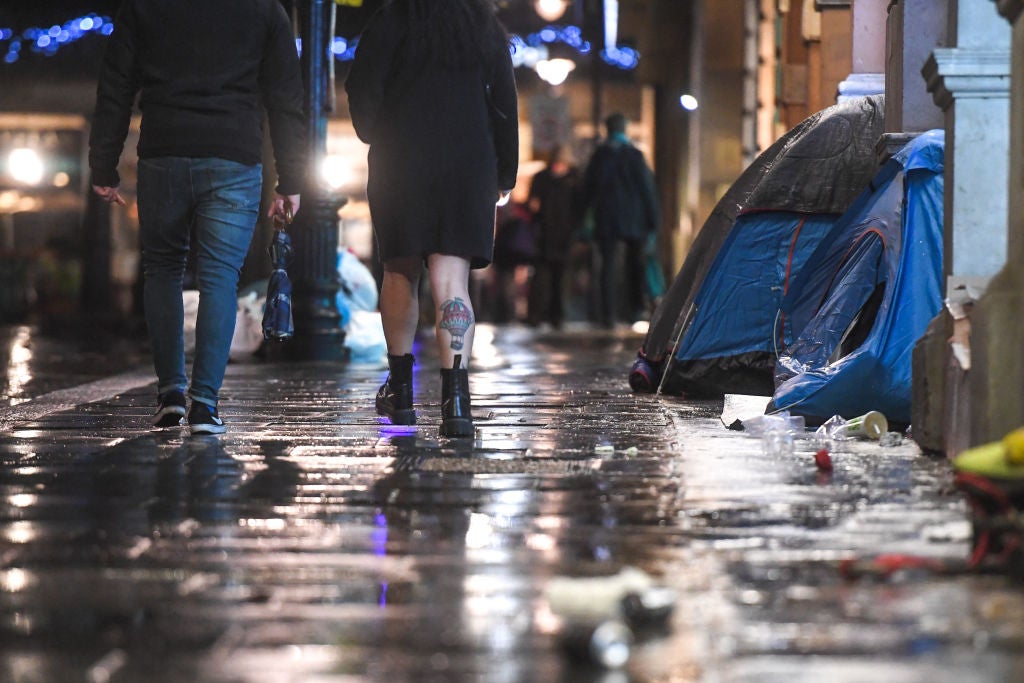What are the loopholes in the government’s eviction ban?
The government appears to have broken its promise that no one would be made homeless as a result of the pandemic, writes Jon Stone


The government promised in March 2020 that nobody would be made homeless because of losing their income as a result of the coronavirus pandemic.
For months it appeared to keep that promise with a general ban on rental evictions.
But it has since introduced new loopholes to the ban that appear to break the promise.
Some of those loopholes aren't much to do with losing your job because of lockdown. There are exemptions for serious antisocial behaviour, for instance.
But it is the question of rent arrears that has been the most controversial.
Last year the government tweaked the eviction ban to allow exemptions in which landlords can evict someone for having not paid rent.
The rent had to total nine months’ arrears, and crucially the arrears had to precede the initial lockdown on 23 March last year. Therefore people who lost their jobs because of lockdown were not affected.
This quietly changed in January; the government extended its rolling eviction ban until February, but significantly widened the loophole so that someone with six months of rent arrears could be evicted.
More significantly, the arrears would not have to predate the first lockdown on 23 March; rent payments missed after that date would also count.
As a result, some people who lost their jobs as a result of the pandemic are now starting to get eviction notices, and could be put out on the streets or in cramped shared accommodation during the lockdown.
The government says it is balancing the needs of landlords for “justice” and keeping a roof over people's heads, while housing campaigners say ministers have broken their promise, and landlord groups say the current rules are not enough and want a bailout on tenants’ arrears.

Join our commenting forum
Join thought-provoking conversations, follow other Independent readers and see their replies
Comments